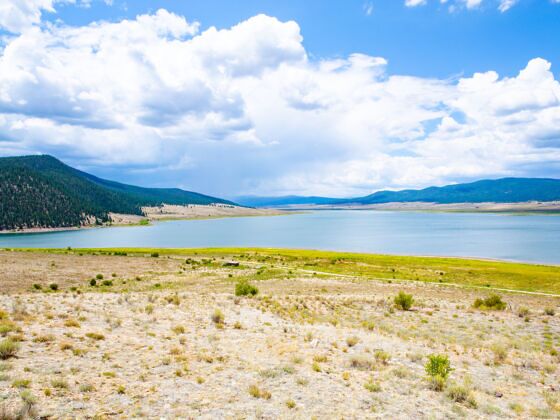Field Notes:
Sixty miles outside of Albuquerque, I’m standing on the dry table of Acoma Pueblo, having joined a tour with other white people, our skin blistering into a plastic doll color. We move like clouds, slow, unaffected, led through real people’s museum lives. I think there’s a story here, turning itself over in the dust, maybe a knot of stories — Acoma stories, whites with Acoma stories.
